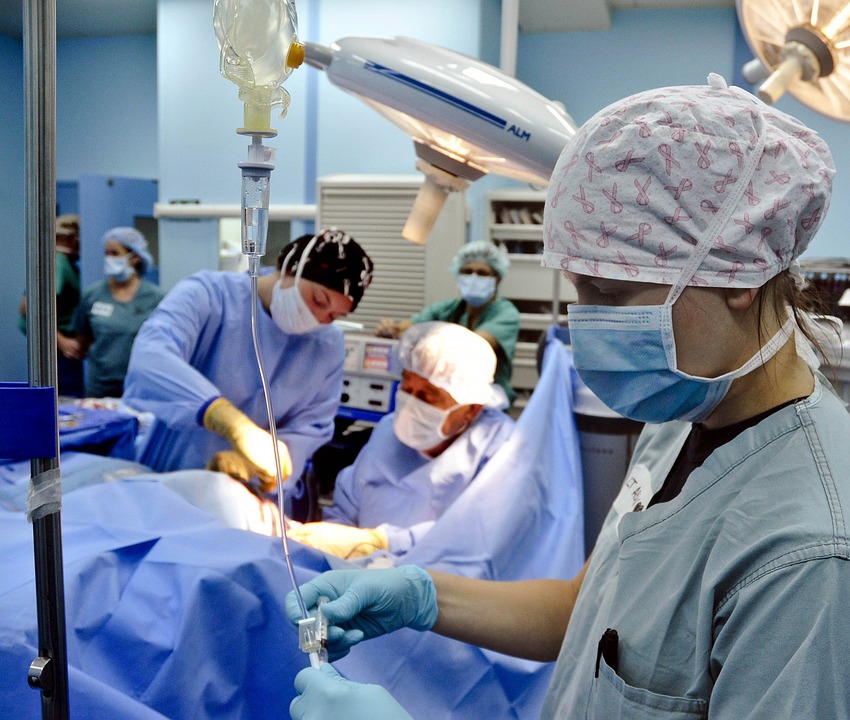
October 3, 2019, by Kelly Calladine
My tip about work experience: Just do it!
My name is Georgia Bowler and I am a second year MPT student. My plan after this degree is to progress onto the University of Nottingham’s Graduate Entry Medicine Programme (GEM). I started studying at Nottingham just a few months after moving back from Australia, where I had lived for 7 years. The move back was quite sudden and because the prerequisites for medicine in Australia are different to the UK I found myself without the qualifications and relevant entrance exams to be able to enter a UK direct entry medical degree. At first this frustrated me because I thought the sooner I get into medicine the better. However after just the first week of studying MPT I knew it was the right path for me. So far I have learnt so much anatomy, pharmacology, biochemistry and microbiology that will be invaluable for my further studies into medicine. Doing an undergraduate degree will mean that I will be more matured and experienced prior to entering GEM whilst giving me time to really decide what I want to do when after university. So, it’s not always a bad thing to take the long route. You may find that after just a few weeks into your course you no longer want to do what you set out to do; this is completely fine. MPT graduates are equipped with lots of skills and experience so that they are extremely invaluable to employers of various science related jobs.
My first year of MPT was hectic – filled with nights out, late nights in the library, new friends, a new city and not so much sleep (and possibly a few skipped lectures). By the time the year had finished I was more than ready to sit back, relax and enjoy my summer break…but I knew that if I want to get into GEM I couldn’t just expect an offer to come knocking on my door next year, so, I utilised my free time and applied for some work experience. A great way to boost your CV and profile is to have lots of experience; medical schools look for candidates who can prove that they are engaging with the wider community and taking on placements.
My first work experience placement was in the physiotherapy department in a hospital near Manchester. Here I saw a myriad of problems faced by patients. The first patients I saw were in the neurology ward and victims of strokes. They presented with contralateral hemiplegia, bradykinesia and a severe lack of balance. Treatment involved exercising the hands and getting the patients to perform fine motor skills. On the orthopaedic ward I mainly met patients who had fallen and needed a hip or knee replacement. As opposed to the stroke patients, therapy in this ward was focused on regaining movement and being able to walk again rather than re-stimulating the neurological pathways.
My second placement was a week in anaesthetics at Queens Medical Centre (QMC) and definitely my favourite. I was able to scrub and go into theatre to watch many operations. This was the first time I had ever been into theatre and it was such an amazing experience. I was able to understand the dynamics of the team within theatre and how anaesthetists monitor the patients before, during and after surgery. I witnessed many cases that challenged my emotions, an experience which is invaluable to me. In the first ever case I watched at QMC I had to sit on the floor – feeling as though the room was spinning and objects were blurring in and out of motion. At first I was extremely embarrassed, but looking back I now see it as a step forward into a career that I can’t wait to journey further into.
Partaking in work experience was such an educational and emotional experience. The MPT course was very important in providing me with confidence in my medical knowledge enabling me to answer a myriad of questions asked by medical staff. Furthermore, I saw diseases, drugs and treatment procedures which I had learnt about in lectures presented within patients. Practical involvement with the hospital and patients has added a whole new dimension on my learning and also my keenness to pursue GEM. It also allowed me to have patient interaction and communication with families – something that can’t be taught in a classroom.
If I can give any advice to people wanting to do work experience it’s to make sure you get it organised very early. I had to apply for my placements months in advance as not only is it a competitive process, but you are required to submit references, a personal statement and an occupational health declaration; if you leave it until the last minute you might find that many places are unwilling to take you on or that the placement has already been filled. Secondly, make sure that you’ve got a record of all your recent immunisations at hand otherwise your placement could be delayed or even cancelled. My final piece of advice is just throw yourself into it and don’t be scared. You get out whatever you put into your placement. The more questions you ask the better your experience will be – everything is a foreign environment at first and this is possibly a little daunting, but try to shape this nervous energy into a hunger for knowledge.

all i can say is this article really helped me. facing with new thing is always my biggest fear and i have this feeling that i’ll never get used to the workplace challenges.
thank you so much share the blog If I can give any advice to people wanting to do work experience it’s to make sure you get it organised very early now is
https://www.chemxpert.in
Very useful blog…Thanks for Sharing!!!